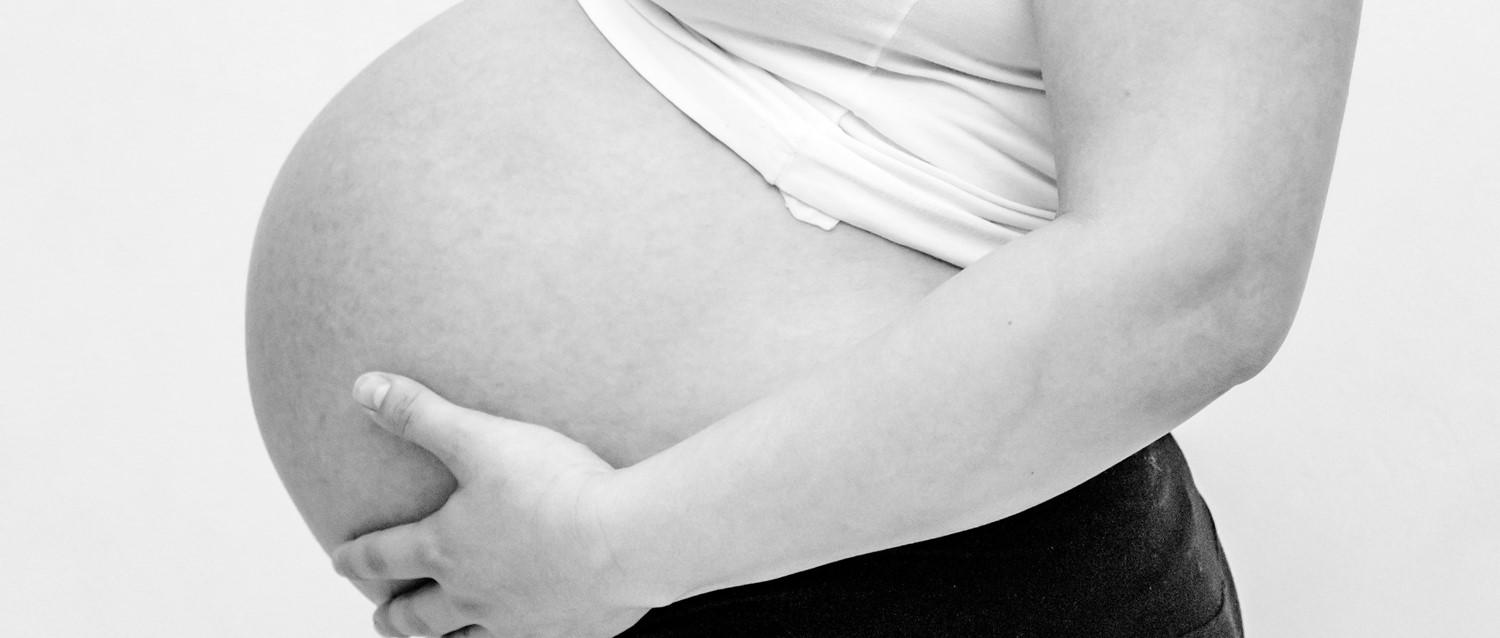
The best form of childbirth for you and your baby
Peer reviewed by Dr Hayley Willacy, FRCGP Last updated by Dr Sarah Jarvis MBE, FRCGPLast updated 25 Oct 2017
Meets Patient’s editorial guidelines
- DownloadDownload
- Share
- Language
- Discussion
In 2005, the Royal College of Midwives (RCM) started the Campaign for Normal Birth, an initiative to increase the number of births that happened ‘naturally, and without medical intervention’. In August 2017, banner headlines in the newspapers announced that the campaign was no more – but actually, this was no sudden decision.
In this article:
Continue reading below
Normal Births to Better Births
Professor Soo Downe, Professor in Midwifery Studies, is quoted on the RCM site with a headline title ‘Why normal births and normalisation of the process is so important’. But this is the only reference I could find to the Normal Birth Campaign on their website.
In fact, the headlines of August 2017 did not represent a sudden change of focus on the part of the Royal College of Midwives. A press statement clarifies, “The RCM discontinued its Normal Birth Campaign three years ago (in 2014) in order to launch a wider Better Births Initiative. The focus of the Better Births Initiative is to ensure the best birth for all women.” They point out that references to the Normal Birth Campaign were removed “….in a review of our website in May this year (2017), as they were out of date.”
The need for partnership
The campaign has not been without controversy. March 2015 saw the publication of the Kirkup Report into the deaths of 16 babies and 3 mothers at Furness general hospital in Cumbria. The report found evidence of poor working relationships between doctors and midwives, with the latter pursuing normal childbirth ‘at any cost’.
Is natural childbirth best?
The pendulum, the report made clear, had in this instance swung too far in the direction of avoiding intervention on principle, rather than considering only the mother and baby’s best interests. In November 2015, at the RCM conference, the then Chief Executive Cathy Warwick said ‘“Since the Kirkup report has come out I have thought about its findings long and hard and realise… the terrible truth is right now everything Dr Bill Kirkup found could be happening elsewhere and will continue to happen unless we (midwives), not just others, do something about it.”
Continue reading below
What women want
In my 27 years as a GP I have looked after pregnant women with the whole range of opinions on childbirth. One joked that she had every intention of having an epidural as soon as she reached 37 weeks, so she ‘didn’t have to notice she was in labour’. Others have wanted ‘every bit of pain relief they can throw at me’. Others still have wanted to ‘see how it goes – it’s all very well to say I don’t want pain relief, but I’ve never been in labour before and I’m the one having the baby’.
Some have been determined to have a birth without any medical intervention if they could. But they all had one thing in common, and that was an overwhelming determination to put their baby’s safety first.
So can we find a middle ground? Could this be the start of a new era of co-operation between midwives and doctors, with mothers and babies at the heart of every decision?
The specialist’s view
Professor Lesley Regan, is the first female President of the Royal College of Obstetricians and Gynaecologists for 64 years. A portrait of her predecessor, Dame Hilda Lloyd, hangs in her office. She is also the mother of twin girls whose birth was anything but non-medical. She welcomes the move and certainly believes there is room for much optimism about closer co-operation. In fact, she is very proud of the close working relationships the College has formed with the RCM in recent years.
Professor Regan says she has “..always had a problem with classifying birth as normal. Presumably that means if they’re not normal, they’re abnormal. In my experience as an obstetrician, making any woman feel that her pregnancy or her birth is abnormal after she’s just nurtured a baby in her womb for however many months is just unkind and unnecessary. Why would anyone ever want to be made to feel a failure for doing such an extraordinary good job?”
Instead, she wants all the professionals involved in labour to concentrate on giving every woman a good birth, whether interventions or procedures are needed or not. She believes it’s not how medicalised the birth is, but attitudes, that prevent this. “When I look at the problem areas of maternity, they’re invariably not about equipment or procedures or about people doing the right or wrong thing. They’re about when the communication between the various professionals, or between the professionals and the patient, go badly wrong.
I had an emergency caesarean section, with umpteen professionals in the room. But everyone went to trouble to make sure I was comfortable and informed, and I had a good birth. If we would all adopt the attitude that we want everyone, wherever possible, to have a good birth, I think we could all achieve an enormous amount more.”
Continue reading below
The key role of midwives in women-centred care
Nor does Professor Regan believe this means the midwife will be side-lined – in fact, anything but. “The one thing every one of the 800,000 or so maternities every year in the UK has in common, in terms of healthcare professionals, is the midwife. So even if a woman has a highly technical interventive birth, there’s an opportunity for the midwife involved in her care to really use her midwifery skills to make that mother and her newborn baby feel they’ve had a good experience.”
The RCM focus is now on all women, regardless of the kind of birth they have: “The Normal Birth Campaign was focused on birth. The Better Births Initiative encompasses pregnancy, birth and the postnatal period. The Better Births Initiative seeks to improve care for all women, including those with medical and obstetric complications.
One example of this would be to encourage women in labour to remain mobile. Remaining mobile rather than lying on a bed helps labour to progress. Another example would be caring for a woman having a caesarean section ensuring she has skin-to-skin contact with her baby.”
Natural - what is natural?
Professor Regan also has a problem with the term ‘natural’. “What does it mean? There’s no way I could have delivered twins at 33 weeks naturally. They were both the wrong way round for a safe delivery. So the natural thing was to pull them out safely through an abdominal incision. I agreed to everything I was advised to do. I’m sure that was the right thing for me and for my babies. So for me the real question is – what is natural?”
Patient picks for Labour and childbirth

Pregnancy
How to be a supportive birth partner during childbirth
Whether it's your partner, friend or daughter due to give birth, being asked to be a birth partner is an honour. However, providing practical and emotional support during labour can be a daunting role too.
by Lydia Smith

Pregnancy
Does mindfulness help during pregnancy and delivery?
If there is one universal truth about pregnancy and childbirth, it’s that they rarely go as planned. When I was pregnant with my second child, I took a tumble down the steps and landed myself in the hospital with pre-labour contractions.
by Sara Lindberg
Continue reading below
Article history
The information on this page is peer reviewed by qualified clinicians.
25 Oct 2017 | Latest version

Ask, share, connect.
Browse discussions, ask questions, and share experiences across hundreds of health topics.

Feeling unwell?
Assess your symptoms online for free
Sign up to the Patient newsletter
Your weekly dose of clear, trustworthy health advice - written to help you feel informed, confident and in control.
By subscribing you accept our Privacy Policy. You can unsubscribe at any time. We never sell your data.